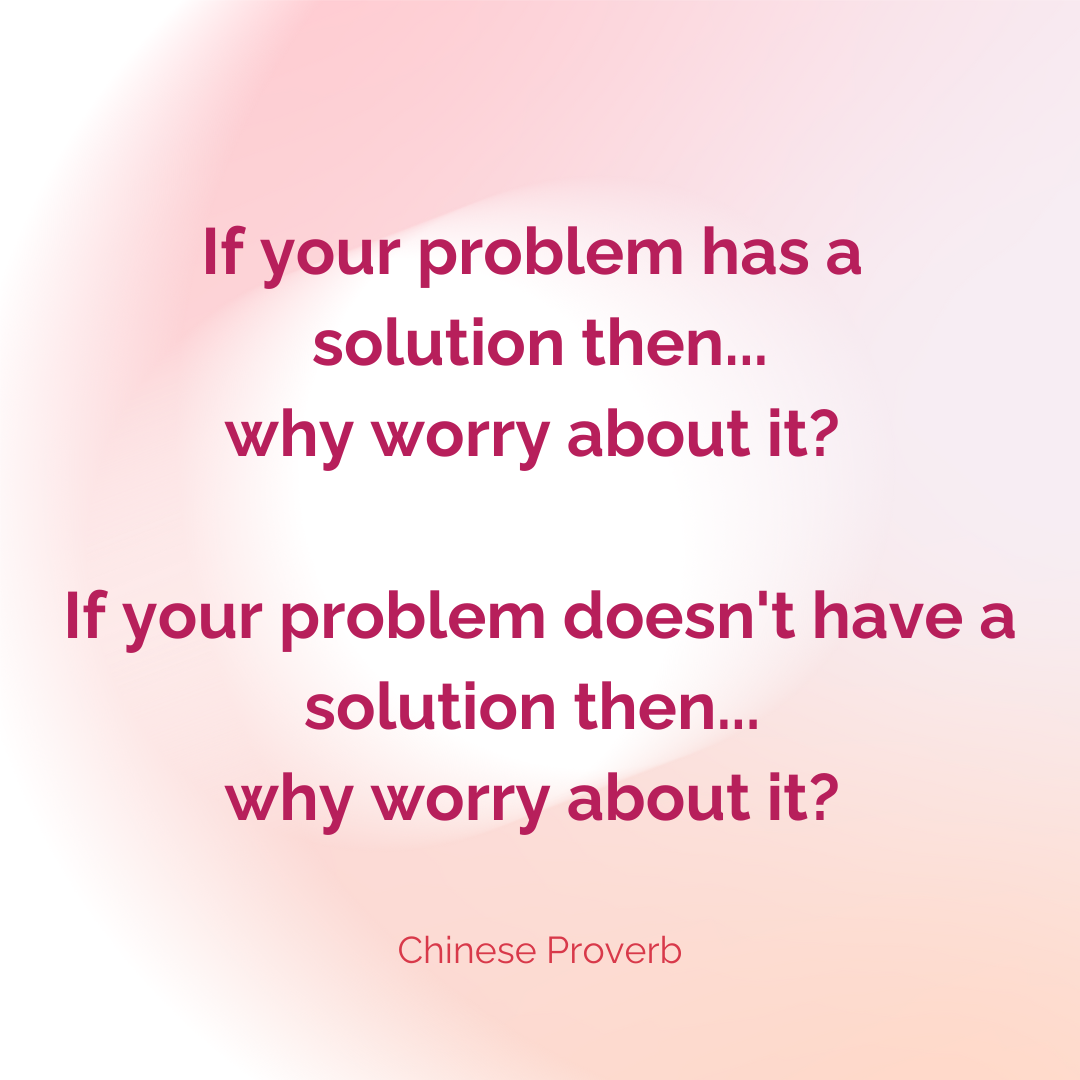Protect Your Yin this Winter
/On December 21st, we celebrate Winter Solstice, which ushers in the last season of the year; Winter. In Traditional Chinese Medicine, each season is more than just a change in weather; it's an opportunity to live in sync with nature’s energies around us. Winter is Yin in nature, emphasizing rest, reflection, and the cultivation of inner strength. The colder, darker days provide opportunity to slow down and nourish ourselves.
Yin and Yang are fundamental concepts representing the dualistic nature of life. Yin embodies qualities of darkness, coldness, and rest, while Yang embodies light, warmth, and activity. Winter is considered the most Yin of all seasons, characterized by stillness, darkness, and a slowing of energy.
Yin depletion occurs when the body's Yin energy is not adequately nourished, leading to imbalances that can manifest as symptoms such as dry skin, irritability, insomnia, anxiety, night sweats, scanty periods, lethargy and more. Acupuncture serves as a powerful tool for addressing Yin deficiency and promoting overall balance. By tapping into the body's energy pathways, acupuncture facilitates the restoration of harmony, supporting optimal health and well-being.
One way to determine Yin deficiency is to start with a lifestyle check. On a piece of paper, make two columns; name one Yang and the other Yin. First, write all your Yang activities such as active endeavors that keep you running from morning to night. Is your job consuming you? Do you work out as hard as you can at the gym? Next, write all your Yin activities such as meditation, being outdoors, or sleeping. These are activities which help you restore and rejuvenate. When you compare the columns, which is longer? Once you better understand where you’re lacking, you can cultivate different lifestyle habits accordingly.
Acupuncture for Yin Depletion:
Restoring Balance: Acupuncture seeks to restore balance by regulating the flow of Qi, the body's vital energy, along specific meridians. When Yin and Yang are in harmony, the body functions optimally, and the risk of imbalances and illnesses is reduced.
Kidney Meridian and Yin Energy: In TCM, the Kidney organ system is closely associated with Yin energy. Acupuncture points along the Kidney meridian are often targeted to tonify Yin and nourish the Kidney's vital essence.
Nourishing Blood and Fluids: Yin energy is closely linked to the production of blood and bodily fluids. Acupuncture can stimulate the production and circulation of these essential elements, addressing conditions associated with Yin deficiency, such as dryness and dehydration.
Calming the Mind: Yin energy is also related to the calming and nourishing aspects of the mind. Acupuncture treatments that focus on specific points can help reduce stress, promote relaxation, and enhance sleep—all of which contribute to nourishing Yin.
In addition to regular acupuncture treatments, consider the following TCM-inspired tips to prevent Yin depletion and promote overall well-being this winter:
Nourish with Warming Foods: Choose warming foods to support your body's internal heat. Incorporate nourishing soups, stews, and herbal teas made with ingredients like ginger, garlic, and cinnamon.
Protect the Kidneys: Keep your lower back and abdomen warm to protect the kidney energy. Dress in layers and consider using warming herbs like moxa for additional support.
Embrace Gentle Exercise Practices: While winter encourages a slower pace, it's essential to maintain a balance between activity and rest. Engage in moderate, gentle exercises like walking, yin yoga, or Tai Chi to promote circulation without depleting energy.
Hydration Habits: Opt for warm beverages like herbal teas to stay hydrated. Avoid excessive consumption of cold or iced drinks, as they may disrupt the body's balance of warmth.
Rest and Recharge: Embrace the stillness of winter by prioritizing adequate rest. Get to bed earlier and aim for 7-9 hours of sleep each night to allow your body the time it needs to rejuvenate.








